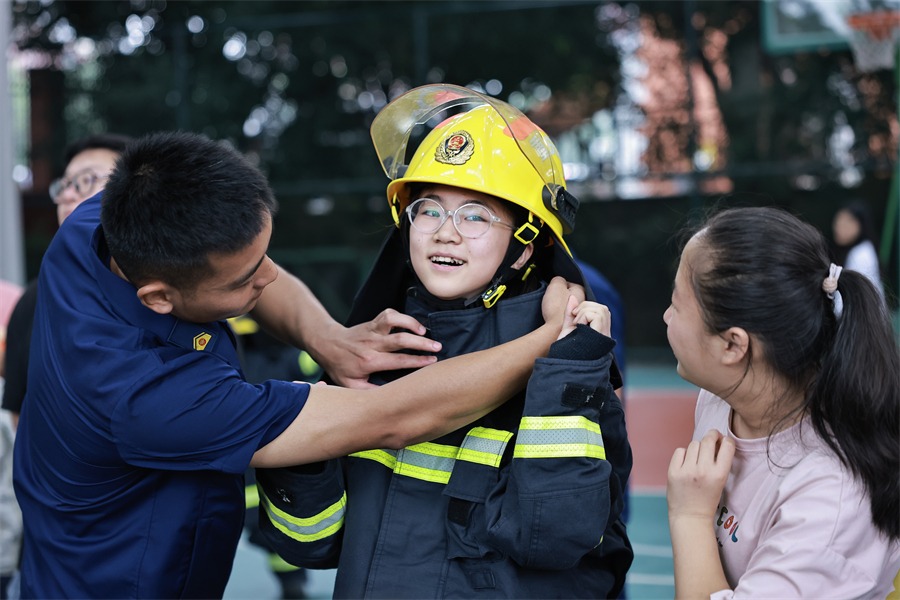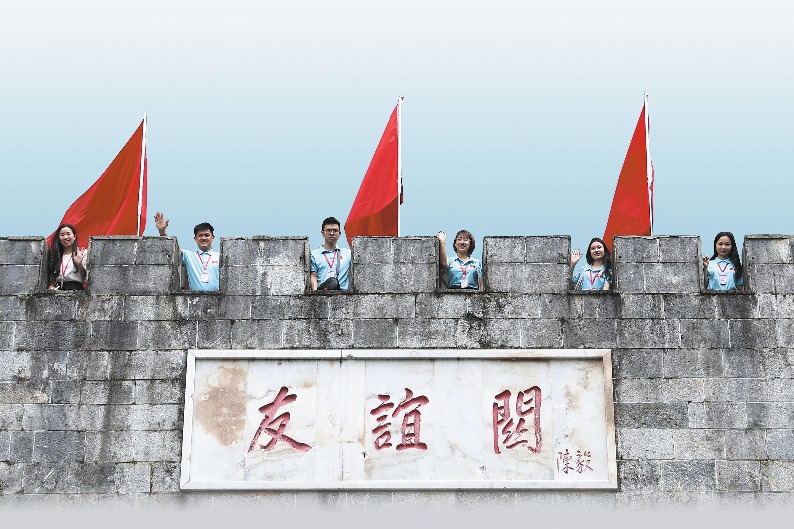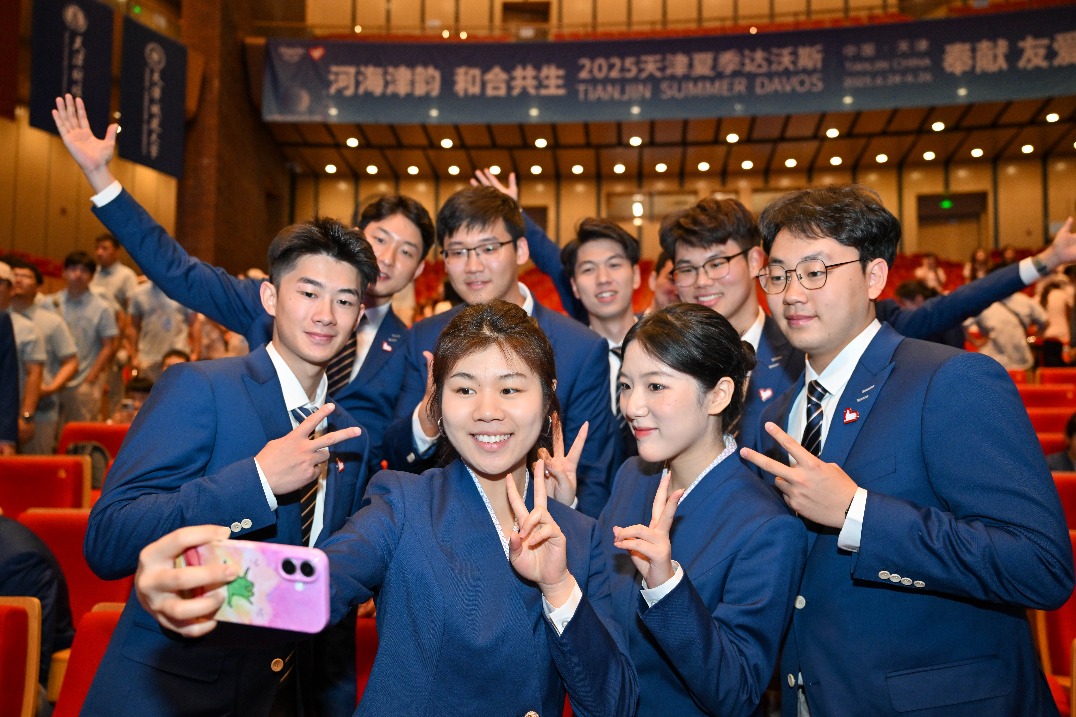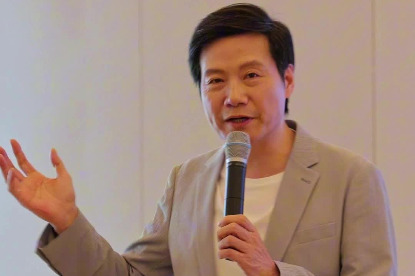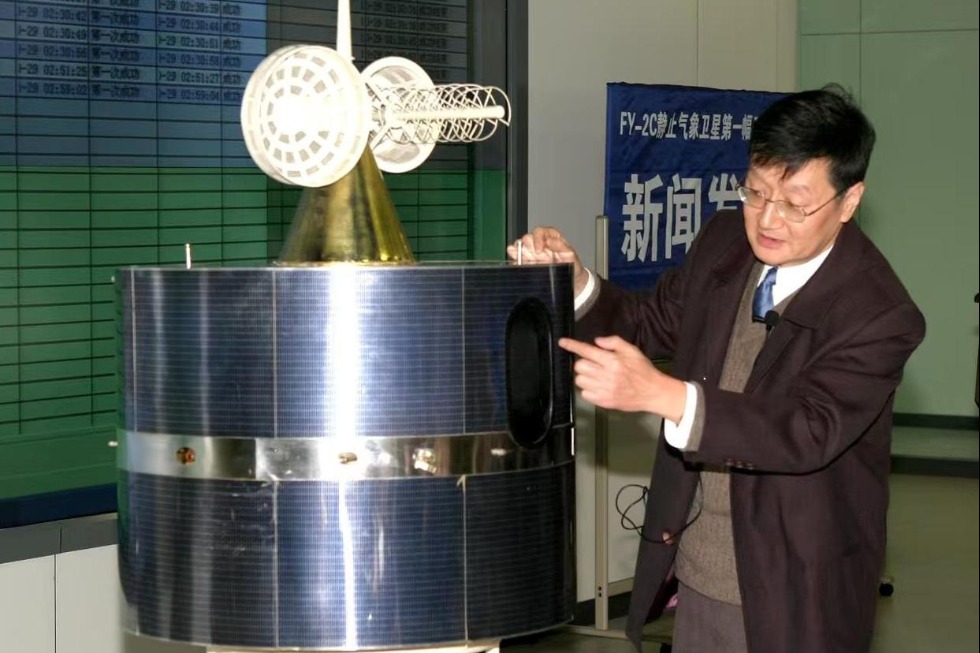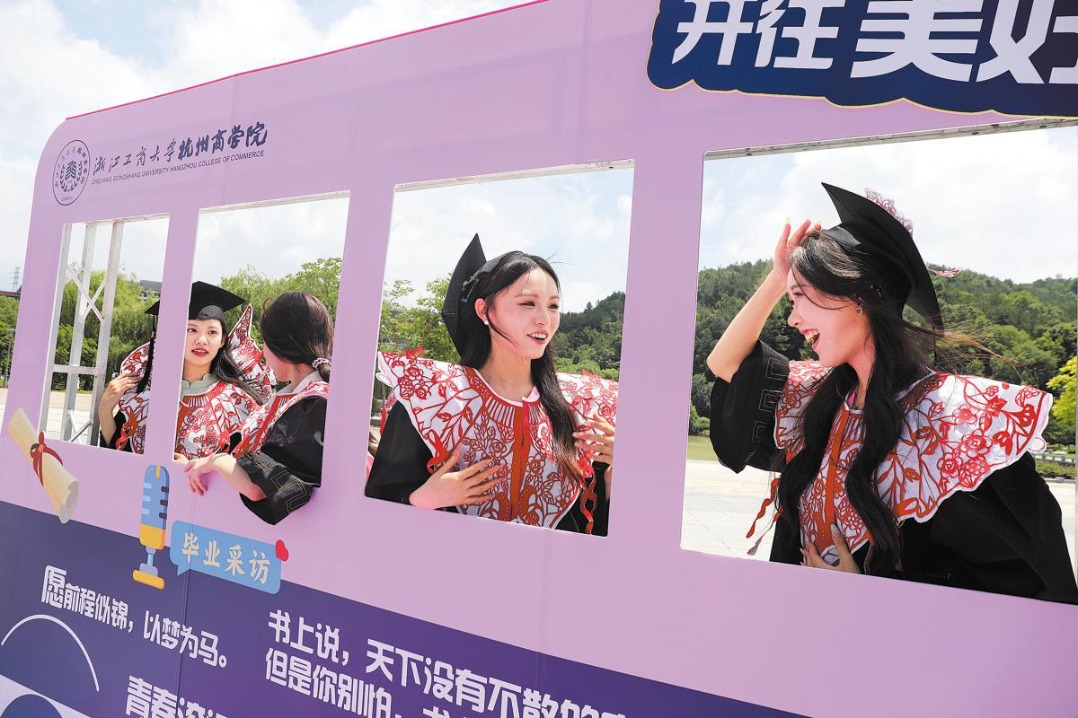Zhejiang University uses AI to help its students get jobs

As China's job market becomes increasingly competitive for new graduates, Zhejiang University is using artificial intelligence to provide students with an advanced employment boost.
"With the university's AI-powered career services, I found more inspiration and opportunities during my job search," said Zhang Zhaowei, a 2025 master's graduate in chemistry.
Through the school's digital system, Zhang discovered that graduates from her major had worked in sectors she hadn't previously considered, such as chip manufacturing and new energy. She later secured a position in new energy research and development.
Zhejiang University graduates about 15,000 students annually. It has been integrating big data and AI technologies to create a comprehensive and intelligent employment services system.
In 2022, the university launched an AI-powered video mock interview platform, offering simulated interview scenarios for 100 job positions at leading companies across nearly 20 industries.
Yang Hanyi, a 2025 economics master's graduate of the university, used the AI mock interview tool as part of her job preparation. "Some companies used AI for their first-round interviews too," Yang said. "Those systems asked follow-up questions based on my responses but gave no feedback. The university's AI, however, analyzed my performance and helped me improve," she said.
An in-house AI career coach developed by the university is currently under internal testing, which is based on the university's AI platform. The intelligent assistant, nicknamed "Xiaoye", integrates career development resources, school policies and personalized student data.
Apart from offering guidance, Xiaoye also responds to students' emotional needs, such as comforting setbacks and celebrating progress.
Cao Lei, director of the university's career guidance and services center, said the university uses AI-powered job-person matching models to align employer needs with student profiles.
The system features AI resume-builders and interview simulations, using dynamic machine learning algorithms to create a full-cycle employment support system. "In the future, we hope to realize employment with one click for our students," Cao said.
The center also runs a "company visit" monthly reporting system, working with academic departments to actively explore job opportunities. For the 2025 class, the university visited more than 1,000 employers and opened over 20,000 job positions.
So far this year, Zhejiang University has hosted 13 large-scale job fairs with over 1,200 employers and nearly 100 targeted recruitment events focused on specific industries, regions or enterprise groups.
It also publishes weekly and daily job bulletins and maintains a physical booth in high-traffic campus areas for real-time job postings. An updated WeChat public account allows students to filter and access job listings instantly on mobile devices, the university said.
- Zhejiang University uses AI to help its students get jobs
- Arable land quality enhanced to boost grain production in Hubei
- Guangdong leads China's low-altitude economy
- A waterway project coexists with nature
- Fujian coast guard conducts routine patrol of waters near Kinmen
- US students experience martial arts in Shenyang


















